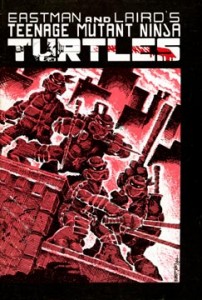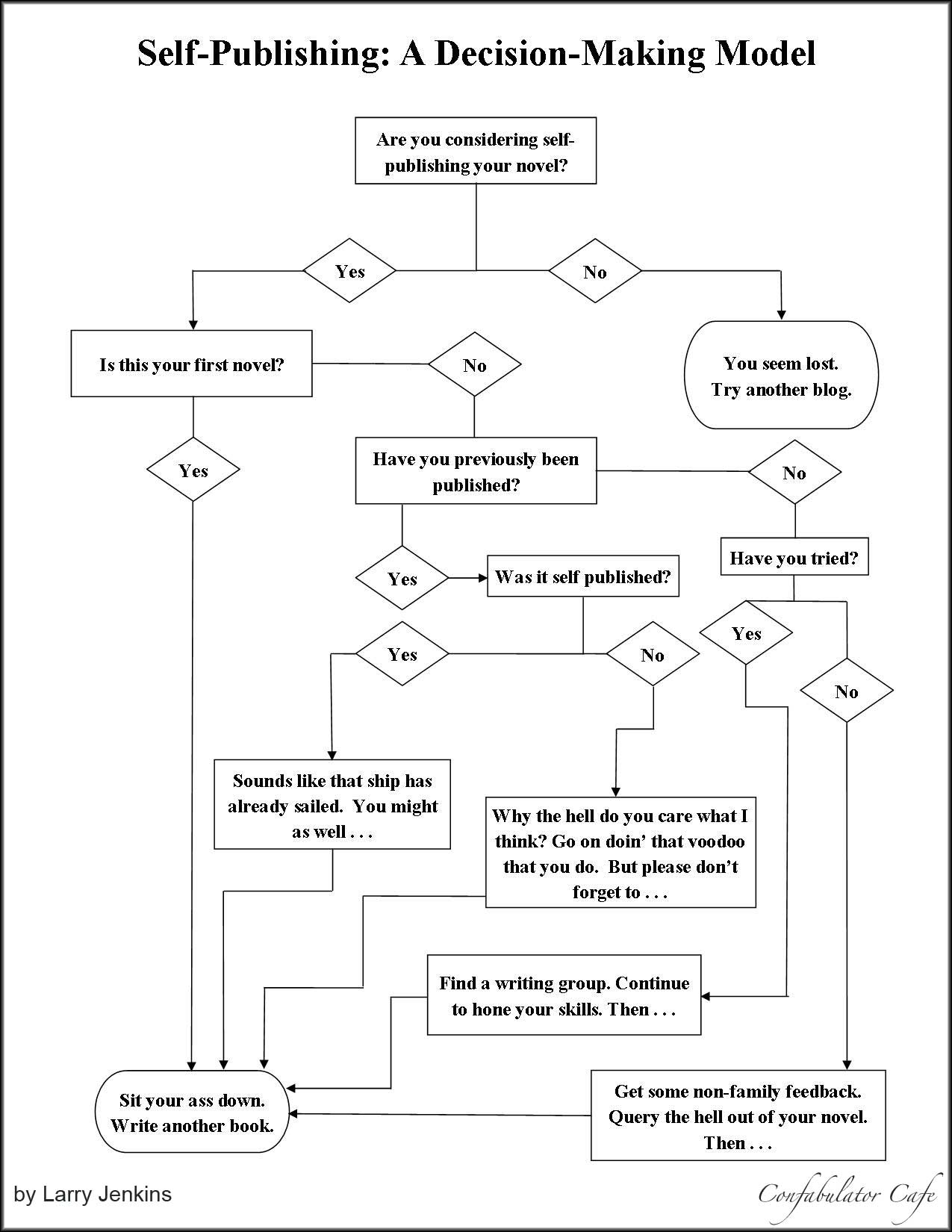Every week we take a peek into the minds of the Confabulators to find out what they’re thinking. This week they were asked What’s Your Favorite Science Fiction Story? and they’ve responded with some classic titles. It’s interesting to note that of all the books mentioned not one on this list published in the 21st century. Admittedly the sampling is small and it’s hard for authors like China Mieville, Cory Doctorow, Gregory Benford, Vernor Vinge, Michael Swanwick and others to compete with the likes of Bradbury and Heinlein and Card. That doesn’t mean there’s not good SF coming out (there is! — we recommend the Year’s Best SF series edited by David G. Hartwell and Kathryn Cramer) but nothing that’s supplanted the masters in our minds yet. Yet.
Jack Campbell, Jr.:
Farenheit 451. People always argue whether or not Bradbury is really a science fiction writer. Even Bradbury says he is not. It doesn’t matter. Bradbury is a great writer and Farenheit 451 seems to get more and more prophetic as the years pass. It’s a spectacular book with a ton of meaning.
Sara Lundberg:
I am a huge Michael Crichton fan. Some of my favorite science fiction stories are books he wrote – Sphere, Jurassic Park, Timeline. They read less like science fiction and more like maybe this kind of stuff is happening just beyond public awareness. To me, that’s what makes them brilliant. I believe in the quote “science fiction will become science fact,” and Crichton has always toed that line. That being said, a more traditional sci-fi story I consider my favorite is Ender’s Game by Orson Scott Card. I read that entire book straight through without stopping.
Kevin Wohler:
My favorite SF story? Like there could be just one? Please! Okay, let’s do this by the numbers. I’ll give you my favorite story from my favorite collection by one of my favorite authors. The winner of this prestigious title would have to be the short story “A Sound of Thunder” by Ray Bradbury. I love all of Bradbury’s work, but this 1952 short story is my favorite. It is a seminal time travel story, one that ends up being referenced in almost every other time travel story. Whenever time travelers discuss the implications of altering the past and mention “stepping on a butterfly,” it’s a nod to Bradbury and this elegantly simple yet captivating story.
Jason Arnett:
Stranger in a Strange Land has everything great science fiction requires: aliens, politics, sex, a circus and religion. It’s easily my favorite SF story not just because it’s famous and the name has been associated with all sorts of weird, sometimes sordid, things but because it’s so well written. The characters are palpable, the world is believable and the situations in the story are not all that far from what could happen in the real world. Its commentary on the world of the day it was written in (50 years ago) is just as — if not MORE — valid than ever.
That said, if you buy me a whiskey some time, I’ll tell you why Inception may be one of the great SF stories ever, too.
Larry Jenkins:
I don’t read a lot of sci-fi. I’m typically more of a horror/thriller guy with the occasional foray into fantasy (both my own and the genre). But if I’m picking the story that stuck with me the longest, I’d have to say it was Ender’s Game. I’m assuming this will probably be a popular choice, but the truth is the truth. I was really drawn to the character, Ender Wiggin. Not because I have some false belief that Ender and I have anything in common, other than the fact that we both eventually need to be shipped off-world. Our powers are too great to do anything but ultimately doom humanity.
Ender fascinated me because he was simultaneously human and alien. He was lonely and had this burning need to be loved, but at the same time, he was cold and calculating and devoid of attachment when necessary. He was a freaky little kid, and I would not want my own children hanging out with him. But he certainly took up space in my head long after I’d finished reading that book.
R.L. Naquin:
I love Ender’s Game. I am so excited for the movie I might pee myself during the opening credits. (Just a warning, in case you come to the showing right after mine.) Still, I think I love Ender’s Shadow even more. Reading the same story from Bean’s perspective was fascinating, and I preferred Bean’s series to Ender’s. Orson Scott Card is my hero.
Aspen Junge:
Favorite SF series: hands down, Lois McMaster Bujold’s Miles Vorkosigan novels. They are action-packed, character-driven, and wise beyond belief. I can only hope to live with one tenth the verve and dedication of Miles and his family.
Ted Boone:
A tie between Permutation City by Greg Egan and A Fire Upon the Deep by Vernor Vinge.
Muriel Green:
Pretty Maggie Moneyeyes. The reason I like this story so much is because when I was a kid I worried about dying in strange ways that might make me a ghost. One of the scenarios that terrified me was the belief that if I were struck by lightening while talking on the phone my consciousness would get trapped in the telephone lines. Harlan Ellison’s story is the closest thing I’ve ever run across to my creepy childhood phobia.



